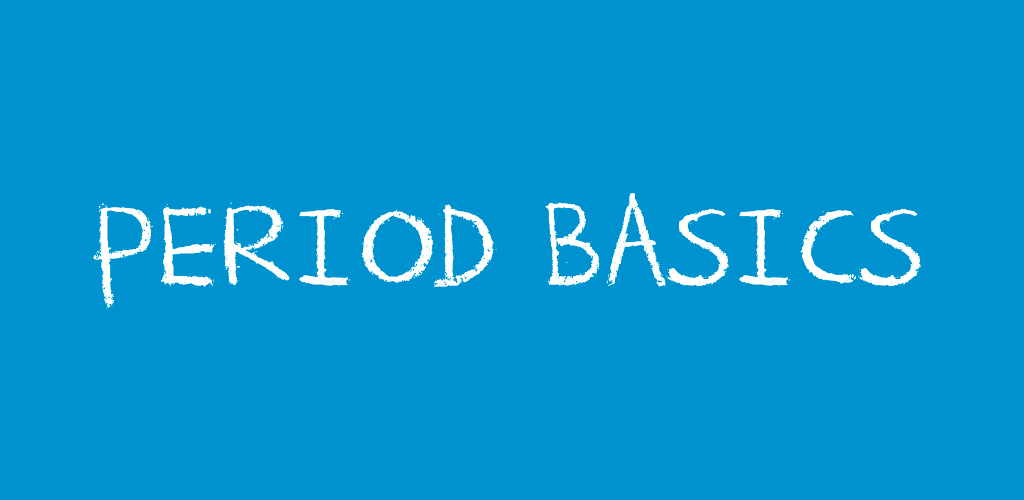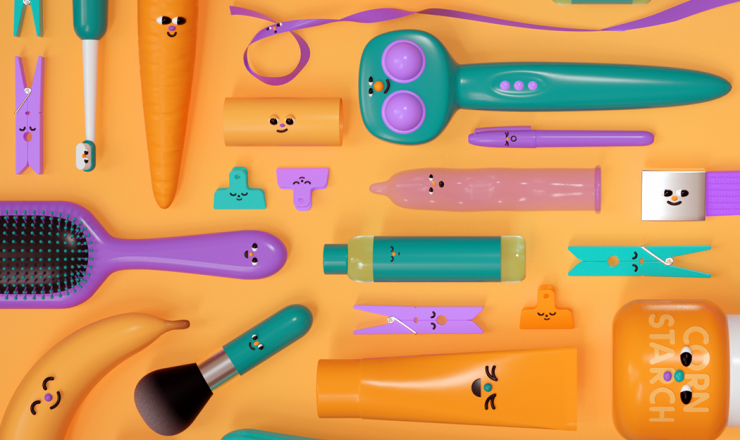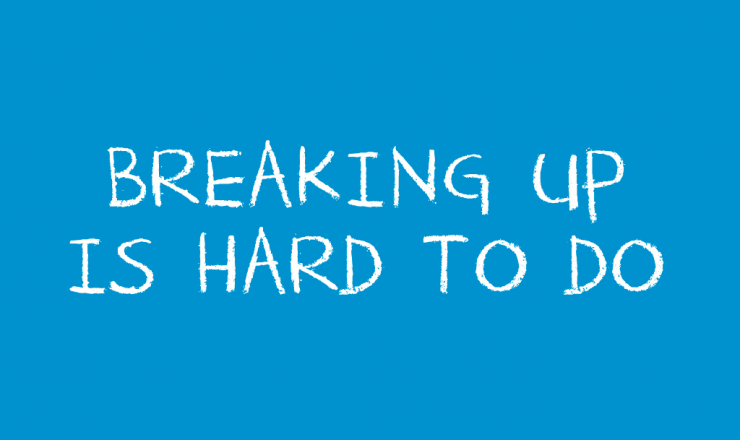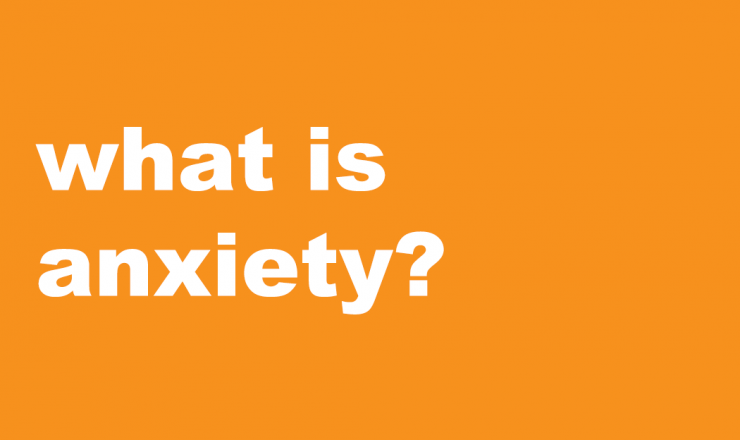Period Basics
Crimson tide, on the rag, that time of the month. No matter what you call it, getting your period is part of puberty. Do you have questions about menstruation? This page provides some information that should help.
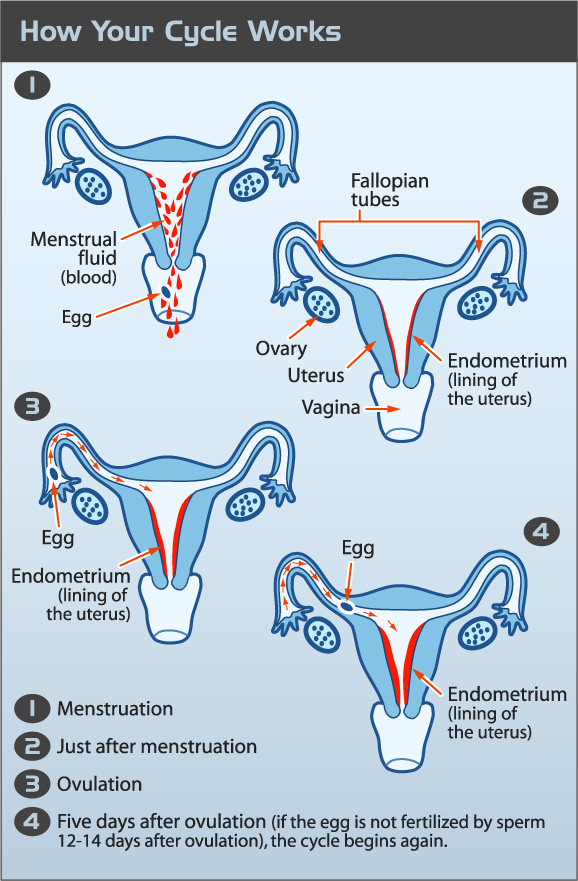
When will I get my first period?
- Most people with a uterus/vagina* start menstruating when they are around 12 or 13 years old. Some will get it sooner and some later.
| Useful Tip |
| You can become pregnant shortly before you have your first period, so don’t assume that if you haven’t started your period that you can’t get pregnant. |
How often will I have a period?
- The average length between periods is about 28 days, however you may have your period more frequently or less frequently than this. Most menstruating folks have a menstrual cycle length somewhere between 21 – 35 days.
- After you starting menstruating, you may find it takes awhile for your period to become regular.
- Don’t worry if you get your first period and then it doesn’t happen again for awhile, unless you had unprotected vaginal sex and could be pregnant.
What happens during my period?
- About once every 28 days the lining of your uterus (called the endometrium) builds up, getting ready to support a developing pregnancy. If you don’t get pregnant, this lining isn’t needed, and your body will shed it through your vagina.
- What comes out might seem like blood, but it’s mostly just the lining being shed from your uterus. It may be red, reddish brown or even dark brown.
How long should my period last?
- You will “bleed” for about 3-7 days.
- Sometimes your period might be quite heavy and other times it may be light.
What should I do about my period?
- During your period, you can use menstrual pads, tampons, or menstrual cups to catch or absorb your menstrual flow.
- You can get these products at most drug stores, grocery stores, or convenience stores, or they may even have them at your school. Some people even sew their own pads!
- You should be able to do your regular activities without any interruption, but if you are having cramps or a back ache, it’s okay to take a break. Listen to your body.
- If you’re concerned about how much you’re bleeding, talk to your health care provider.
Help! My periods are making me very uncomfortable! What can I do?
- It is normal to feel cramping in your belly or a pain in your lower back before and during your period. Some people also experience headaches.
- You may find that getting more exercise, taking a hot bath or using a heating pad can help relieve your cramps. Consider talking to your health care provider about what over-the-counter painkillers might work for you too.
- If your pain is making your feel faint, or more than you can bear, talk to your health care provider.
I heard there are ways to control my period or not have a period at all. Is that true?
- Hormonal forms of birth control such as the pill, the patch or the ring can help you to control when your period comes and how much of a flow you have.
- These methods can also be used to skip your period once you have been using them for three months. Talk to your health care provider for more information.
- Some people who use the injection or the hormonal IUD get their periods less often or stop getting them all together.
If you have questions about this topic, feel free to contact one of our peer educators. [Link]
*We know that these aren’t the words everyone uses for their bodies (eg. trans folks), and support you using the language that feels best for you.
Last Edited: May 2020

